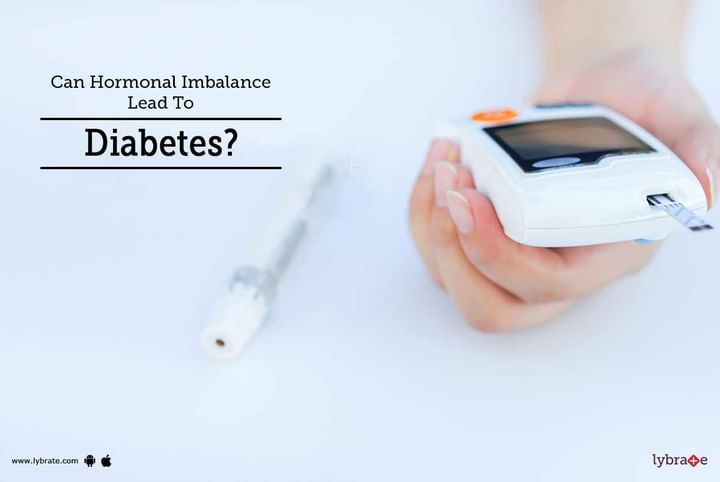Can Hormonal Imbalance Lead To Diabetes?
Does Hormonal Imbalance Hint the Risk of Diabetes?
Hormones are chemical substances that regulate a vast range of important functions in the body. They are secreted by various glands and organs and can affect important body functions like growth, immunity, blood pressure and glucose levels among several others. Several disorders can arise due to an imbalance of your hormones, particularly Diabetes.
Diabetes is a metabolic disorder, which is mostly chronic or long lasting in nature. It interferes with the body’s ability to use glucose and chiefly pertains to the hormone called insulin, although other hormones can also be related.
Any imbalance for the following hormones that can lead to diabetes:
1. Insulin
Insulin is a hormone, which is secreted by the pancreas. Diabetes can occur when this hormone is not secreted in adequate amounts or in when it is used inefficiently. During digestion, food gets broken down to glucose, which provides energy to the body. Insulin facilitates the function of moving the glucose from the bloodstream to the cells. In case of diabetes, the glucose remains in the bloodstream due to insulin issues.
2. Cortisol
The adrenal gland is responsible for producing the hormone cortisol, which regulates blood pressure, stress and glucose production. The production of cortisol is controlled by another hormone called ACTH, which is secreted by the pituitary gland in the brain. Excess quantities of glucose in the body disrupt the function of insulin and trigger the liver to produce glucose, thereby leading to diabetes.
3. Growth hormone
The pituitary gland is responsible for producing certain hormones including the growth hormone. Growth and development of the muscles, bones and other organs of the body fall within the functions of the growth hormone. Overproduction of this hormone can lead to a disease called acromegaly in adults. Excess secretion leads to increase in the glucose levels in the blood, which can subsequently cause diabetes.



+1.svg)
